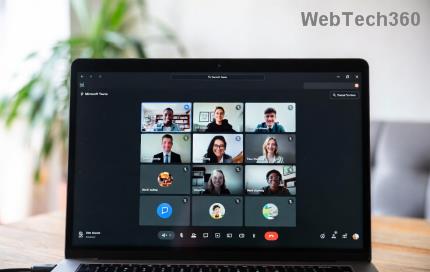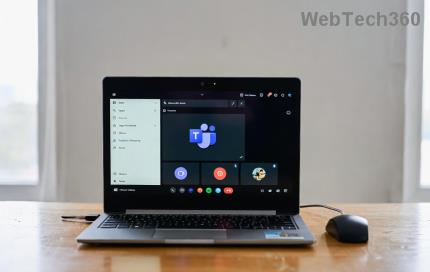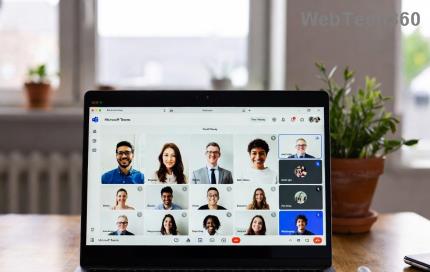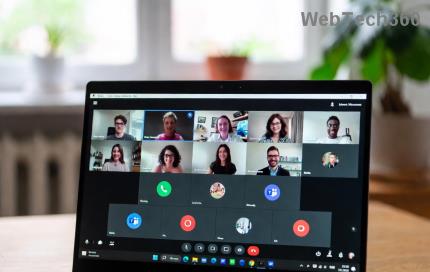Most people know that music is not just for entertainment but has many benefits. Here are some ways music stimulates our brain development.

Increase concentration and memory
When you learn to play a musical instrument, you will significantly improve your memory, reading skills, and concentration.
Our emotions enhance the memory process in our brain and music has a way of evoking strong emotions. It helps form & consolidate memories so that when you play the song again, you will remember the first time you played or heard it.
Concentration is a part of improving learning skills. For example, when you learn a new musical instrument, your brain has to work to focus and pay attention to the task at hand.
The more you use this part of your brain, the better your ability to concentrate will be, which will affect other aspects of your life.
Ability to multitask
Many people want to be able to multitask. If that’s you, music can help. As a musician, you have an advantage. Learning an instrument and playing it will help you be able to multitask.
Playing a musical instrument activates both the left and right brain at the same time. It uses your tactile, visual, and auditory senses, and gives you a variety of sensory experiences.
You also have to listen to your instrument and other instruments, and play in sync with other band members. This experience gives you plenty of opportunities to practice multitasking.

Make brain cells "flexible"
Practicing music does some amazing things to our brains. First, you learn to focus on keeping the beat or rhythm throughout a piece of music. The brain’s response becomes faster because of the way it processes sound.
The earlier you learn to play a musical instrument, the more plasticity your brain cells experience. Additionally, one study found that brain function was superior in people who played musical instruments compared to those who did not. This suggests that cognitive abilities improved in those who played musical instruments.
Increase blood flow to the brain
When blood flow increases, you have more oxygen and strength in different areas of your body. Practicing music increases blood flow to your brain, which can help reduce anxiety, blood pressure, and pain.
Music improves connection
Your brain is supported through connections with other people and playing and learning a musical instrument helps strengthen those connections.
For example, if you play in a band, even a marching band or another school band like an orchestra, you will interact closely with everyone you play with, which can develop into real relationships.
Strengthening those social relationships will help you increase your exposure to others. Connections, interactions, and experiences with people all help us release oxytocin, dopamine, and other brain chemicals. They help us feel good.
Above are the outstanding effects of music on our brain. Therefore, let's be exposed to music as much as possible and as soon as possible!















